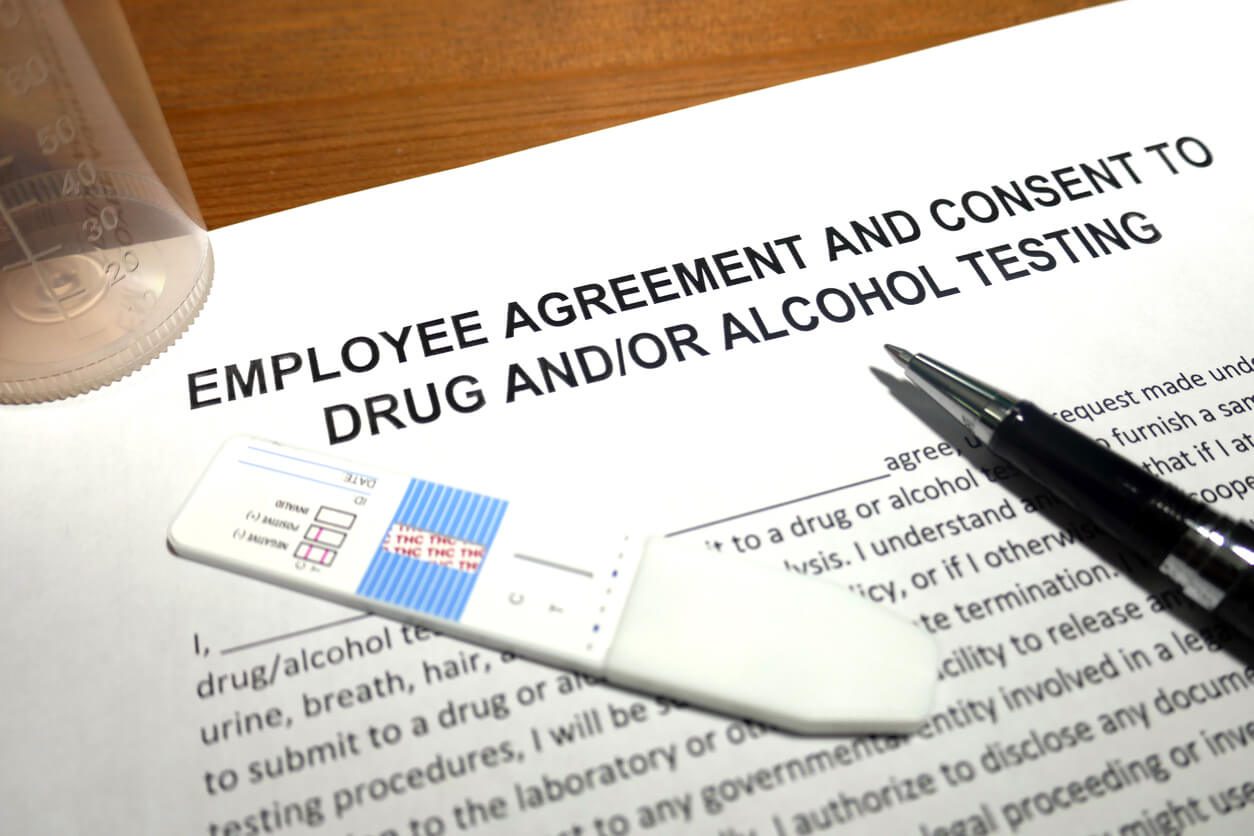
Drug testing is an important topic for both employers and employees. It plays a vital role in keeping workplaces safe and productive. Let us explore the important link between drug testing and employment. We will also discuss why this test matters, how it works, and what both employers and workers need to know.
Why Do Employers Test for Drugs
Drug testing is important for employers. Here is why they do it.
Keeping the Workplace Safe
The main reason for drug testing is to ensure everyone stays safe. Using drugs can make it harder for employees to work properly. Drug use may lead to accidents that could harm coworkers or the public.
Boosting Productivity
Drugs can affect how quickly someone reacts or how focused they are on tasks. This can slow down work and make it harder for teams to reach their goals. A drug-free workplace helps everyone work together better and get more done.
Following the Rules
Some jobs, like those in transportation, healthcare, or construction, must follow strict safety laws. These industries often require drug testing to meet legal rules and avoid problems with the law.
Protecting the Company’s Reputation
Businesses want to be seen as professional and trustworthy. Having drug-free employees helps show their values and keeps their reputation strong.
Types of Drug Testing
Drug testing can vary depending on the circumstances and the policies of the employer. Below is an overview of the most commonly used testing methods.
Pre-Employment Testing
This is conducted before an employee officially starts a job. It allows employers to assess whether a candidate is suitable for a role. This is particularly the case if the work environment prioritizes safety. A drug-free test result is required to finalize the hiring process.
Random Testing
Random testing aims to ensure that all employees are adhering to workplace policies at any time. Since employees do not know when the testing will occur, it acts as a deterrent for drug use.
Post-Accident Testing
If an accident occurs in the workplace, some employers may require drug testing. This is to determine whether drugs contributed to the event. Such practice is also more common in industries like construction and transportation.
Reasonable Suspicion Testing
Employers may conduct drug testing if there is reasonable suspicion of drug use. Erratic behavior, slurred speech, or the scent of substances like alcohol or cannabis may prompt testing.
Follow-Up Testing
Follow-up testing generally occurs after an employee has tested positive before returning to work. It helps ensure the individual is staying compliant with treatment plans and workplace policies.
The Drug Testing Process
Drug testing begins with clear policies. Employers should ensure that all workplace drug testing policies are documented. They must also be communicated to their employees.
The policies need to include the types of testing conducted and the circumstances under which they occur. Once an employee or candidate is informed, they typically provide a biological sample. The most common types are urine, saliva, or hair samples. These samples are collected under monitored or secured conditions to prevent tampering.
Next, the samples are sent to a certified laboratory for analysis. There, professionals will test for substances such as marijuana, cocaine, opioids, and amphetamines. Results are then shared with the employer. If any substances are detected, the employee or candidate may be provided with a chance to explain. They may also contest the results in some cases.
Employee Rights and Employer Responsibilities
The drug testing process requires transparency and fairness. For employers, it is critical to follow state or federal laws regarding drug testing and must also ensure that policies are not discriminatory. All employees should be treated equally and fairly during the testing process.
For employees, there are certain rights to keep in mind. You must be informed about the drug testing policy during the hiring process or as part of your employment. All testing should be conducted as discreetly as possible. Your results should only be shared with authorized personnel.
Challenges with Drug Testing at Work
Drug testing can be helpful, but it also comes with challenges. Here are a few.
Dealing with Changing Laws
Laws about drugs, like marijuana, keep changing. While marijuana may be legal in some states, employers can still ban its use at work. However, this creates confusion about what happens when an employee tests positive. Should there be consequences? Employers need to figure out how to handle these situations.
Employee Concerns
Some workers feel drug testing is invasive or unnecessary, especially in low-risk jobs. To address this, employers should explain why testing is done and how it benefits everyone. Clear communication can help build trust and understanding.
Ensuring Accuracy and Fairness
Mistakes in drug testing can happen, but employers must avoid them. Using certified labs and following strict rules for testing helps ensure accurate results. A fair process is key to gaining the trust of employees.
Benefits of Drug Testing
Despite the challenges, drug testing offers significant benefits for both employers and employees.
- Enhanced Safety: Protects employees and the public.
- Improved Productivity: Encourages focus and reliability among employees.
- Legal Compliance: Meets the requirements of certain industries and regulations.
- Healthier Workplace Culture: Reduces substance abuse and fosters teamwork.
- Reputation Management: Reinforces the company’s professional image.
Drug Testing and Employment in Grand Junction, CO
At WorkPartners Occupational Health, we understand the importance of fostering a safe and productive work environment. One of the key ways to ensure this is through effective drug testing programs.
Our team of highly trained medical professionals specializes in conducting comprehensive drug and alcohol tests crucial for maintaining workplace safety and compliance with regulations. We use the eScreen® platform to detect the presence of substances accurately, ensuring reliable results you can trust.
For more information or to schedule a consultation, call us today at (970) 241-5585 or use our appointment request form. Our team of experts is ready to support you with occupational health services near you.
We look forward to serving you!






